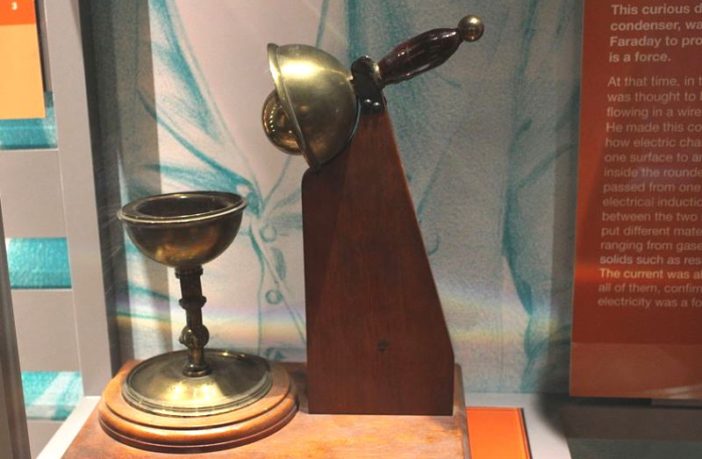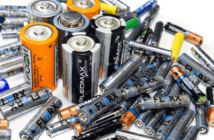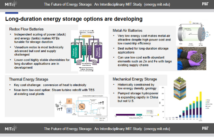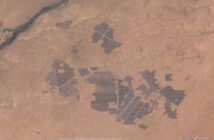Capacitors are devices for storing electrostatic energy in an electric field. Whereas the batteries such as we supply, convert chemical energy into electrical energy, and deliver a static electrical charge. We began our series probing the history of capacitors by discussing Leyden Jars in some detail. Now it is time to broaden our vision.
When Did the History of Capacitors Really Begin?
Benjamin Franklin took the technology a leap forward when he discovered water was not an essential element in Leyden Jar capacitors. This opened the door to flat capacitors comprising sheets of glass between foil electrodes.
Then Michael Faraday took this a stage further when he discovered he could separate capacitor plates with any dielectric substance. He then set his sights on comparing ‘dielectric constants’ of different insulating materials.
Faraday made a great contribution to the history of capacitors when he discovered how to do so, although that’s a little too complex to go into here. We’ll just mention he learned how various dielectric materials increased or decreased the amount of electrostatic electricity a capacitor could store.
For example, ‘spheres’ separated by glass accepted larger charges that lasted longer than those with hydrogen dielectrics. Subsequent experiments confirmed it was this dielectric – and not the glass plates – that held the stored charge.
Capacitor Technology Lags in the Face of Batteries
However, early batteries pushed Faraday’s ideas aside, because the latter lacked practical applications. Whereas batteries with greater voltage suited the relatively crude technology of the day. The need would have to appear first! In this instance, it was the arrival of long-distance telephones, and practical commercial radios relying on vacuum tubes.
More Information
Power for the First Batteries of Capacitors
Abbé Nollet Shocks Humans with Capacitors




